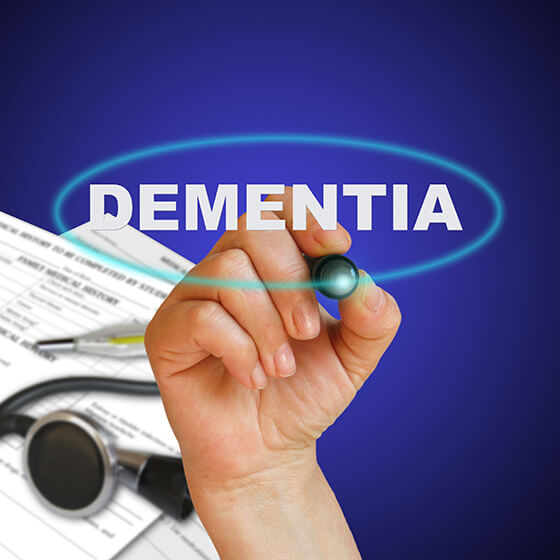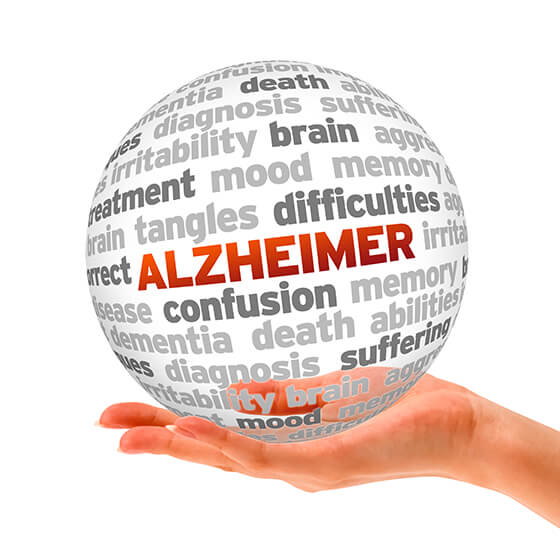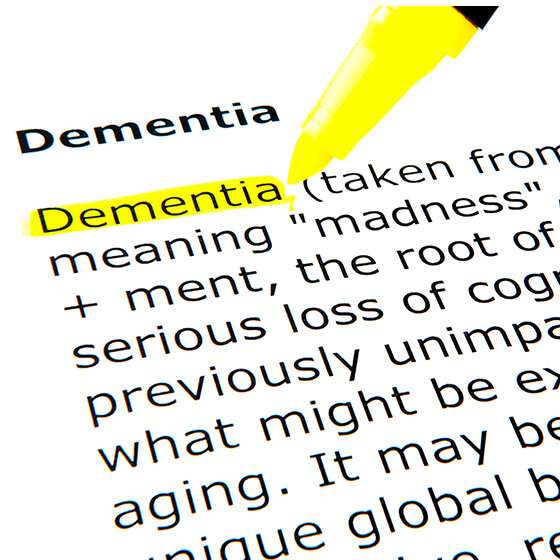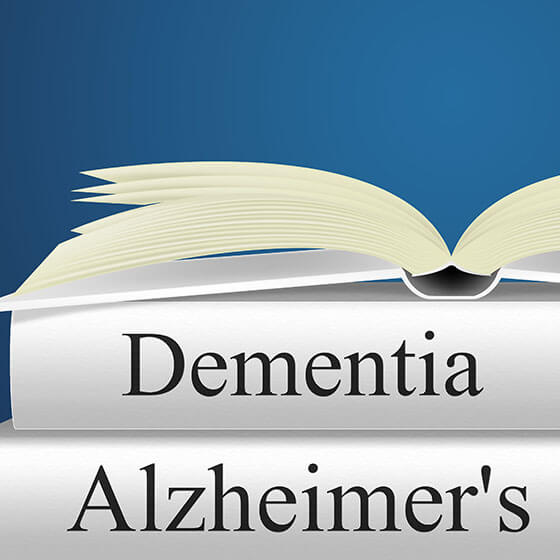Tips for Dining Out with an Elderly Loved One with Dementia
Dining out with your loved ones with dementia can be a joyous occasion that builds precious memories. However, it is important to be sensitive to the needs of those with dementia, as unfamiliar public restaurants may be challenging for them to navigate. Environment People with dementia are more sensitive to the sights, sounds and smells of their environment. When choosing a restaurant, you should consider one that will not be overly busy, smelly, or loud. A restaurant that is a sensory overload may cause agitation and anxiety which can lead...Read More




